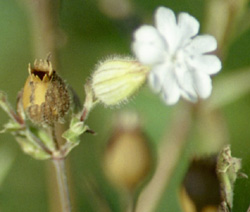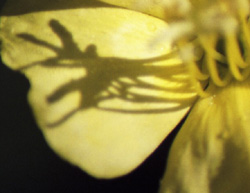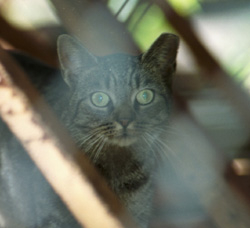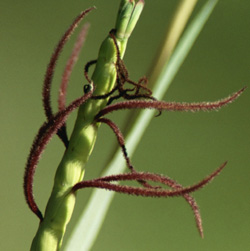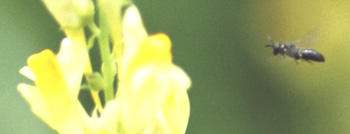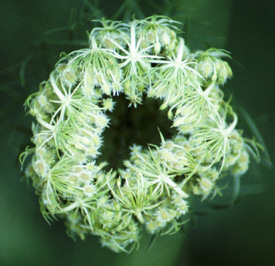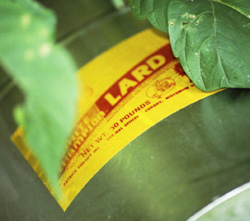Remembering John Mack
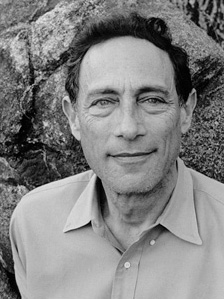
(Photo: Stuart Conway)
When John Mack's face flashed on the TV screen of the 11 o'clock news last night I had the same instantaneous, wordless intuition that I had when Anne Sexton's had decades ago -- that he'd died. I was correct. He was run over by a drunk driver in London on Monday night. I was shocked and speechless, and incredibly sad.
I'd always imagined I'd be surprised by his death some day -- he was, after all, slightly over two decades older than me, and apt to die first. In fact, I've long harbored the morbid expectation of encountering news of his death in the Boston Globe some morning, over coffee and toast. Where, of course, it was this morning. I was not prepared for the immediacy of his dear, familiar face amidst the vulgar prattle of the nightly news. And, to paraphrase the song, I always thought I'd see him again.
I was in therapy, then psychoanalysis with Dr Mack for decades.
Weeks after I'd begun medical school in 1973 I suddenly declared to my parents that I wanted to quit. They'd weathered their queer daughter's shyness and sullenness and even her harrowing dalliance with anorexia without calling in an expert, but this was the last straw. So I was taken to a kind psychiatrist of my mother's acquaintance, who, in turn referred me to Dr Mack.
On Thursday, September 27th, 1973 I wrote in my journal "I have to call a Doctor Mack in Brookline." Dr Mack died on September 27th. September 27th is also the anniversary of my car wreck. It's a strangely, arbitrarily, overdetermined date, yet still, like a dream, significant. Analysis is about interpretation, about meaning and significance. It's about uncovering meaning, creating meaning out of the stuff of one's life.
It's also about process. Dr Mack once called the therapeutic setting a "holding" environment -- a lovely metaphor for a safe and protected space in which one can confront dark and dangerous conflicts and impulses. The analyst guides one though the underworld, or at least that's how it felt to me. He was a wonderful guide -- tall, thin, slightly stooped, soft-spoken, dignified, handsome. I remember his hands -- long, pale fingers that always had bandaids on them. What were those bandaids all about ?
For long, bleak stretches of my life Dr Mack was a constant, faithful, supportive presence. I'll always carry with me the image of the shadowy basement office in his home -- his big, untidy desk, the ceiling-to-floor shelves overflowing with books and journals, and, of course, the couch. It was a dark, warm, cave-like space. And, out in back of his house, beyond the small, rain-scooped zen stone under a downspout, was a long deep garden. I called it The Garden, as in Eden, as in pre-lapsarian paradise, where knowledge does come, after all, and from which one is inevitably ejected. Holding and explusion coexisted.
Is that possible ? One of the most stunning and memorable moments of my treatment with him was long after the analysis was over. It was the mid 1980's, I was divorcing, had a small child, and had returned to face-to-face treatment with him.
And I was drinking like the proverbial fish. Time after time I would agree to stop, promise to stop. How can we possibly work, he'd ask, when you alter the basic stuff of your brain, the basic fabric of your mind and self, with alcohol ? But I would not, could not stop. So finally, after yet another broken contract, he gently pointed out that my attachment to drinking was more powerful than my attachment to him and the therapeutic process. Which we would, therefore, have to abandon.
I was truly expelled from the Garden.
And I was aghast. Aghast at my own infidelity. At the incredible power of the drug that had overcome my deep and fundamental connection with Dr Mack.
Two days later he telephoned to see how I was. It was completely unexpected. I was shocked, and profoundly moved. I'd assumed I'd blown it, ruined everything, would have no second chance. Deserved no second chance. It was the example of his constancy and care that helped me, finally, then and there, to stop drinking and get on with my life and resume our work together.
In 1992 I returned to complete my long-unfinished medical residency at Cambridge Hospital, the same hospital where I'd had some of my analytic sessions with Dr Mack many years prior. He still practiced there, and, in fact saw me for a series of sessions during a particularly stressful patch of my tenure as world's oldest medical resident.
He never sent me a bill.
This morning it struck me that the example of his therapeutic, physicianly constancy might, even now, offer me a key to my own conflicted life as a doctor.
One of Freud's enduring insights is that of transference: how the analysand relates to the analyst as if to a parent. Dr Mack spent many years hosting the imago of my powerful, dominant father. To this day I relate to the world in a slightly subserviant, reverential, daughterly manner. And yet today I'm remembering lying on the analytic couch in his office in Cambridge. It was on the second or third floor under a tall window that looked out upon a tree. Gazing at the tree I would think of the lullaby Rock a bye baby, in the treetop/when the wind blows, the cradle will rock -- he was both my paternal tree and maternal cradle, and today I feel orphaned. The image of tree and cradle, as homely as it is, is an image of peril. Of impending fall. Life is peril, impending fall --
When the wind blows the cradle will fall./Down will come baby, cradle and all.
Falling, midair, the baby is still cradled, still held.
Metaphor and transference aside, he was a brilliant man, compassionate, erudite, and accomplished in many spheres. He wrote a Pulitzer winning biography of TE Lawrence, was a prominent and effective anti-nuclear activist, and, later in his career, courageously explored the boundaries of psychiatry and spirituality. He died horribly, and way too early.
The world is richer for his sojourn upon it, and poorer for his loss.
And so am I.
